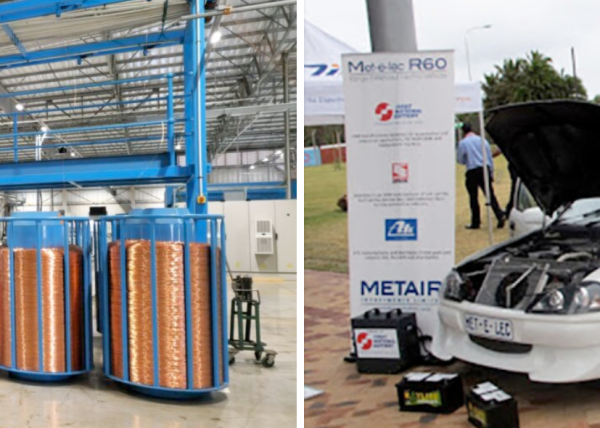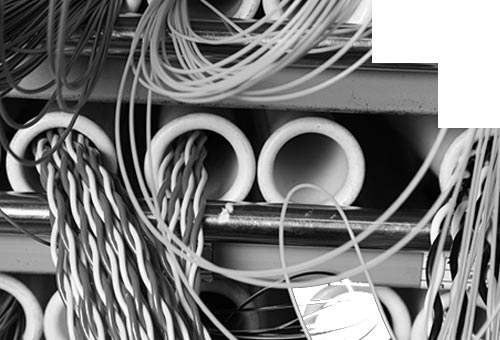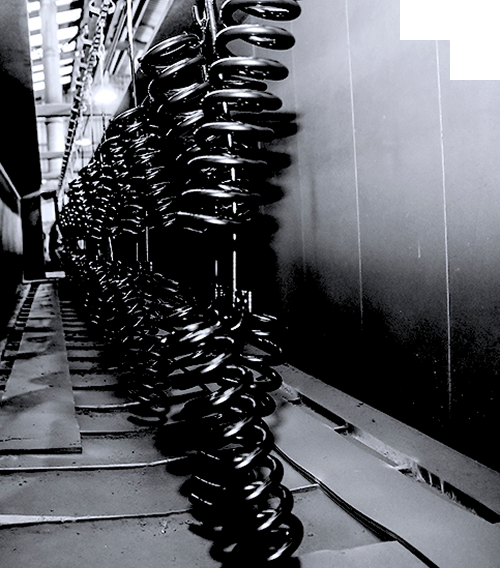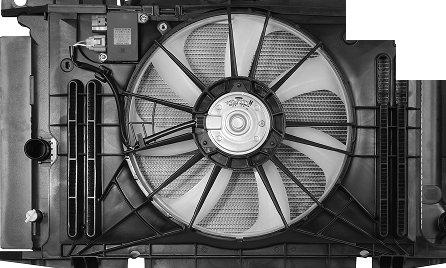News
Home / Reset and sustainable growth with a focus on Africa
Reset and sustainable growth with a focus on Africa

Metair delivers resilient performance amid strategic reset and significant debt restructure
Salient Features
- The disposal of Mutlu Akü, the acquisition of AutoZone and the group’s successful debt restructure were the main features of the year
- Strong turnaround at Hesto delivered
- CEO, Paul O’Flaherty, extends his contract by two years
Metair Investment Limited (“Metair” or “the group”) today announced its financial results for the year ended 31 December 2024, showcasing resilience in a challenging operating environment and significant progress in its strategic reset to focus on sustainable growth across Africa.
Paul O’Flaherty, CEO of Metair, commented, “2024 was a year of significant transformation for Metair. We took decisive steps to reset our business, focusing on cost containment, profitability, and future growth. While the operating environment remained challenging, we made substantial progress in de-risking our balance sheet, improving operational efficiencies, and positioning the group for long-term success.
The disposal of Mutlu and the acquisition of AutoZone were critical milestones in Metair’s strategy. The Mutlu disposal has substantially reduced the debt on our balance sheet as well as our exposure to hyperinflationary environments. AutoZone not only diversifies our revenue streams, but also strengthens our presence in the aftermarket sector, which is a key growth area for us. Additionally, the strong turnaround at Hesto demonstrates the effectiveness of our operational improvement initiatives.”
The board of directors of Metair has announced that Paul O’Flaherty has agreed to extend his term as chief executive officer until 31 December 2028. Metair Chair, Thandeka Mgoduso, said, “We are very pleased that Paul has agreed to extend his tenure. This will ensure that our reset and growth strategy, which Paul has led since inception, can effectively transition into the next phase, which includes enhancing the focus on operating excellence and executing growth in Aftermarket sales in selected regions on the African continent.”
Anesh Jogia has resigned as chief financial officer with effect from 1 April 2025, in order to pursue new interests. He will serve his notice period up until 30 June 2025. The Board has thanked Anesh for his dedication and hard work at Metair. The process of identifying an appropriate replacement has commenced. An announcement will be published once the appointment has been made.
The group has maintained its Level 1 B-BBEE status.
Strategic reset and operational highlights
The year under review marked a pivotal period for Metair as it implemented a comprehensive reset strategy to de-risk the business, optimise operations, and position itself for sustainable growth. Key achievements include:
- Disposal of Mutlu: The successful disposal of Mutlu, despite lower-than-expected proceeds, significantly de-risked the group’s balance sheet and reduced exposure to hyperinflationary and high-interest rate environments in Türkiye.
- Acquisition of AutoZone: The R278.5 million acquisition of AutoZone provides a strong platform for growth in the aftermarket automotive parts and services sector, diversifying revenue streams and reducing reliance on local South African Original Equipment Manufacturers (OEMs).
- Debt restructuring: Post-year-end, the group finalised a debt restructuring agreement, ensuring a sustainable capital structure and covenant threshold aligned with expected future cash flows.
- Hesto turnaround: Hesto Harnesses delivered a strong recovery, achieving a R253 million profit before interest and tax, compared to a R608 million comparable loss in the prior year.
- Group structure: Going forward, and in line with Metair’s strategy, the primary segmental focus will transition from Automotive Components and Energy Storage to Automotive Component Manufacturing and Aftermarket Automotive Parts and Services.
- Resetting Metair: In order to compete effectively in the current market, and being able to actively seek additional growth opportunities to ensure sustainable profitability, Metair remains focused on efficiency, running production facilities at right-sized capacity and making sure the cost base at subsidiaries aligns with indicated OEM volumes, while retaining the flexibility to adjust rapidly to any changes.
Financial Performance
Operating conditions remained challenging throughout the financial year ended 31 December 2024 (F2024), largely due to lower production at local OEMs caused by weaker demand from traditional export markets, as well as market share shifts due to the influx of imported vehicles, especially from China and India. In addition, reduced production volumes at one of the group’s major customers, Toyota South Africa Motors (TSAM), due to engine certification issues in its export markets, significantly impacted the results of most Metair subsidiaries. These issues were successfully resolved by TSAM during December 2024.
Revenue from continuing operations has been resilient, declining by only 2% to R11.8 billion (F2023: R12.1 billion). This is despite the impact of lower OEM production volumes (TSAM specifically) which exposed the group to an annual volume decline of c. 28%. The volume reduction was mitigated by the group demonstrating improved operational efficiencies, cost controls and price growth, the latter mainly due to higher material cost content and complexity, and increased export battery sales. The Automotive Components business (excluding Hesto) contributed R7.2 billion to group revenue (F2023: R7.8 billion); and the Energy Storage businesses R4.6 billion (F2023: R4.2 billion). Hesto’s revenue was R5.5 billion (F2023: R5.7 billion).
O’Flaherty added, “As part of the long-term strategy to focus on profitability and cash flow generation, we successfully rolled out projects to improve production efficiencies in all the subsidiaries. Certain non-core operations such as First Battery’s industrial business, Automould’s East London plant and Alfred Teves Brake Systems’ manufacturing line have been restructured. With leaner, more efficient operations, the restructured businesses are now well- positioned to successfully compete in their respective segments”.
- Headline earnings per share, on a continuing basis, decreased by 9 cents (9%) to 89 cents per share (F2023: 98 cents per share), mainly due to lower profitability in the overall Automotive business.
- The group’s net debt (including Hesto and associated guarantees) reduced to approximately R4 billion at 31 December 2024 (F2023: R4.5 billion), the majority of which is classified as short term. On 10 March 2025, the board and Metair’s lenders approved a capital restructuring plan designed to provide Metair with a more sustainable debt structure and appropriately aligned repayment terms to reposition Metair for growth and long-term sustainability.
Outlook and Prospects
The group is awaiting the final response of the European Commission regarding historical competition concerns at Rombat, which is likely to be released towards the end of the first half of 2025.
Metair is navigating a challenging operational and geopolitical landscape, but remains focused on areas within its control. The group’s strategy for 2025 and beyond includes:
- Expanding its presence in Sub-Saharan Africa’s mobility sectors;
- Driving further efficiencies and cost reductions across all businesses to improve margins;
- Leveraging the AutoZone acquisition synergies to diversify revenue streams and reduce reliance on local OEMs; and
- Continuing to de-gear and optimise the capital structure.
“Looking ahead” concluded O’Flaherty, “we are optimistic. Our focus remains on driving efficiencies, reducing debt, and expanding our presence in selected regions on the continent. We are committed to delivering sustainable value to our stakeholders and positioning Metair as a leader in automotive component manufacturing and aftermarket sales and service.”




